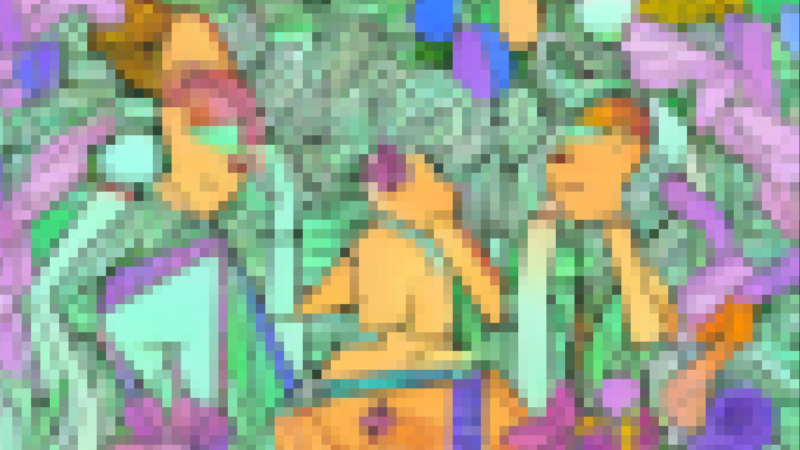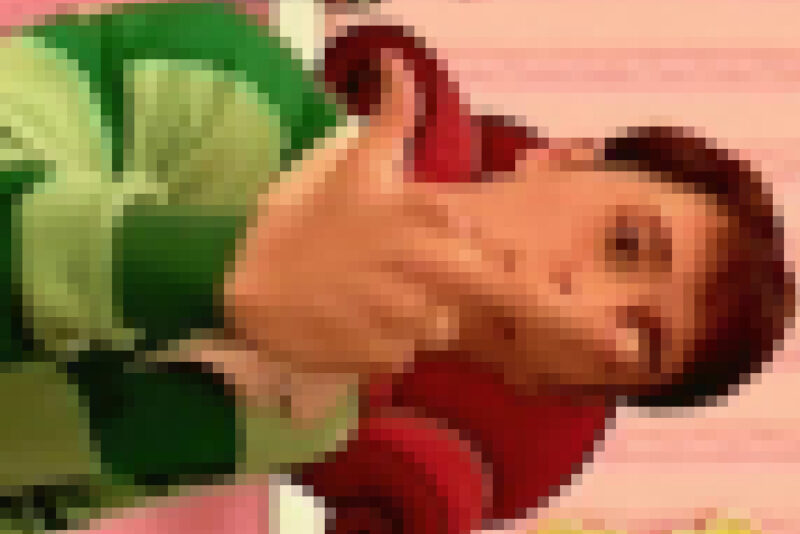December 15, 2020
In Pennsylvania, the state shut down restaurants—again. And if I’ve heard it once in state-defiance, I’ve heard it a million times: “people should be allowed to make decisions about their own health.” This rationale is zealous at best, at worst, marvelously imperceptive. But they’re not wrong.
On the other hand, the underlying contentment with which some of us willingly stroll in under the auspices of state-control is equally unsettling. To uncritically accept solutions offered by the system which created the problem to begin with is concomitantly imperceptive. This is humble at best, and shortsighted at worst. But they’re not wrong.
I think it’s safe to say in this particular historical moment, these two attitudes encapsulate and ostensibly exhaust the given modes of engagement in our current state of affairs.
We’re fantastic at being self-interested narcissists. We’re much worse at trying to think our way around complicated interconnected systems of government and society.
So who’s right when nobody’s wrong?
Watch this:
Let’s pose three different hypothetical cashiers presented in this interaction between Skeet and Jimmy.
The first is Jimmy. Let’s assume—maybe, pretend—Jimmy is not simply showing off to stoke his pride and actually trying to increase the productivity of his role. There is certainly an element of that here. But more significantly, he approaches the task that is given and applies his superior brain power to more efficiently accomplish the specific task, sidestepping the given system.
The second is what might be Skeet’s ideal cashier: push the buttons with the pictures of food on them, take the money, give the change. Do nothing else, change nothing, accept the system as it is.
The first two cashiers are helpful foils for the available roles in the current political scene. Both characters are automatons. Both receive an input, process it with flat, moral short-circuit and produce an output. The hypothetical cashier’s decision-making process is delimited in the same way as our potential political characters: we comfortably don our virtue blinders and approach the given task leaning on a preferred moral decision-making crutch. Presumably, this at least helps to placate our conscience in a confusing and complex world. In doing so, we fail to account dialectically for the presence and inertia of the broader system of which we are a part.
Now let’s consider a third. The third, regrettably, is the ideal corporate underling. This person, instead of applying their brain power simply to the task at hand, instead of opting to play one part or the other in our canonized moral libretto considers their position, other’s positions, the system as a totality and the corresponding relationship between the whole and its parts. This is thoughtful systems-dialectics: we circumnavigate opposing forces, consider the system from the inside and out, and attempt to traverse the unnerving middle way through a dark room without the need to lean against one wall or the other.
Jimmy’s not wrong. He was given a specific task, performing a role in a governing system. He believed that his individual ability to perform this one specific task with greater efficiency and dexterity would benefit everyone. However, he failed to account for why the task given to him was structured in a specific way in order to preserve the stable inertia of the system. He applies his blinders and atomizes himself with superior brain-power to maximize the efficiency of his specific task. Despite his best intentions, it doesn’t matter how well he can engage the precise task presented to him. He fails to consider dialectically the place of the task in the broader context of the system, and how that system that governs the intricacies of his job and relates to other parts of the machine. The given mode of engagement—“you’re supposed to push the buttons with the pictures of food on them”—is demanded by the inertial staying power of the system in place.
Skeet’s not wrong. In fairness, he fully recognizes Jimmy’s best intentions, thinks around the different forces and therefore proceeds through it. Jimmy is scolded neither for applying his superior brain power to the task at hand nor for his motivation in doing so. Jimmy is not dumb, nor is he wrong, he is simply fails to account dialectically for the broader context of the assignment. If he did he might see the ways he is hurting in addition to the way he may be helping and balance the two.
Skeet, a cartoon character, is bumbling, ham-handed and still above and beyond what appears to us in the majority of political actors in our present situation. It’s marvelously efficacious for systems to maintain inertia by prescribing flattened, moral short-circuits as modes of engagement. The system’s raison d’etre, like the state, is self-preservation. Nothing is required besides the preservation of momentum, inertial stability. Moral shortcuts are far more stabilizing than diverse, dialectically minded constituents—and even the constituents prefer stability.
Everybody wants to right the world. On the same token, everybody desires the simplicity of a system of decision-making—of moral guidance—which provides clear choice, belief or action. But when the problem is embedded in the system itself and the ineffectuality of the given modes of engagement in it, we succeed only in clearing our own conscience without achieving meaningful change.
Despite our best intentions, we can do nothing unless we consider the full complexity of the systems which we seek to change and engage them dialectically. Otherwise, we are only absorbed by the inertia of the system. We cannot run the machine differently without feeling the pressure of the lever against our hands. We cannot move off the path without working against the centrifugal force. The paths of least resistance always fall along the trajectory of the given system as a totality.
So, let’s ask the question albeit differently: who’s wrong when everybody’s right?
The answer is not so easy.
It’s easy to believe there are malicious actors pulling the strings of our oppression. But most easy ideas are not worth believing, just like easy tasks are usually not worth doing and easy thoughts not worth thinking. It is much harder to think our way around the world, to circumnavigate it in our minds, account and reconcile opposing forces. In point of fact, there are no good or bad actors, just merely actors, playing out the scene with minimal divergence from the script, trying to make it through to break-time, sustain their livelihood, keep their employment and continue onward in the maintenance of life.
Systems are perpetuated as an aggregate of each individual’s self-interested consent. Very few systems have been effectively maintained historically by violent systemic coercion. Even systems that seem to be, are still not necessarily sustained by the force of the coercion, but by some complicity in the constituents scrounging for a path of least resistance for the simple sake of self-preservation. All systems achieve stability through some proprietary blend of coercion and consent. All unhappy systems are unhappy in their own way.
It’s easy to traverse a dark room clinging to the walls. It is much harder to walk the middle way—but the middle way is the only way out.




